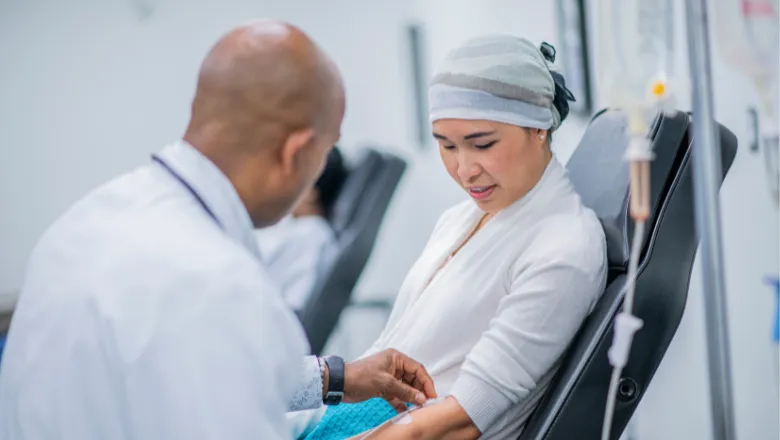New research highlights the health and economic impact of the Good Friday Agreement on cancer across the island of Ireland in the last 25 years.

The work, led by Queen's University Belfast involving researchers from Northern Ireland, Ireland, King's and academics in the UK and the U.S. has been published today in the Journal of Cancer Policy, the number one cancer policy journal globally.
The study highlights the impact of the Ireland - Northern Ireland - U.S. National Cancer Institute Cancer Consortium, led by former Queen's University's Vice-Chancellor Professor Patrick G. Johnston.
The Consortium was established in 1999, between the governments of Ireland, Northern Ireland and the U.S., as a direct result of the Good Friday Agreement. The study shows how the Consortium acted as a catalyst, enhancing cancer research quantity and quality both between researchers in Northern Ireland and Ireland and with premier institutions in the U.S., leading to improved cancer outcomes on the island of Ireland.
The study highlighted a 550% increase in the quality of joint cancer research on the island, an economic dividend which enhanced research leading to an increase in university spin-out activity and an improvement in cancer outcomes.
Lead author Professor Mark Lawler, from Queen's University Belfast and co-lead of the All-Island Cancer Research Institute (AICRI) said: "This research highlights the significant cancer legacy that the peace process and the Good Friday Agreement have delivered for people from all parts of this island. This unique partnership has been truly transformative, saving thousands of lives and driving significant research and innovation that will have both health and economic impact for this island."
U.S. Special Envoy for Northern Ireland Economic Affairs Joseph Kennedy III, leading a US business delegation to Northern Ireland, said: "I highlighted this work at the BIO International Convention in Boston earlier this year. It demonstrates how a transatlantic partnership, fostered through the Good Friday Agreement, can drive a research and innovation agenda that delivers tangible benefits for people and societies on the island of Ireland. The potential health and economic benefits for Northern Ireland are significant, aligning with initiatives such as the Belfast Region Growth Deals."
The cancer community across the AICRI should be justifiably proud of the great achievements that have been made. This partnership model holds great potential for future research collaboration and improving cancer outcomes for all.
Co-author Professor Richard Sullivan, Director of Institute of Cancer Policy
Professor Lawler added: "To paraphrase our dear departed friend Paddy Johnston, - "Dream no little dreams, for they stir not the hearts of men nor women". We need to be bold; we need to be ambitious and, most of all, we need to work together to address one of the greatest challenges in human health. Cancer knows no borders - this transatlantic partnership is direct evidence of this and continues to give and give."







